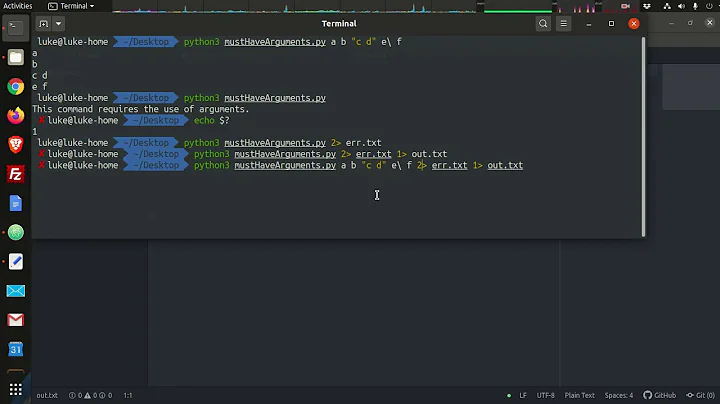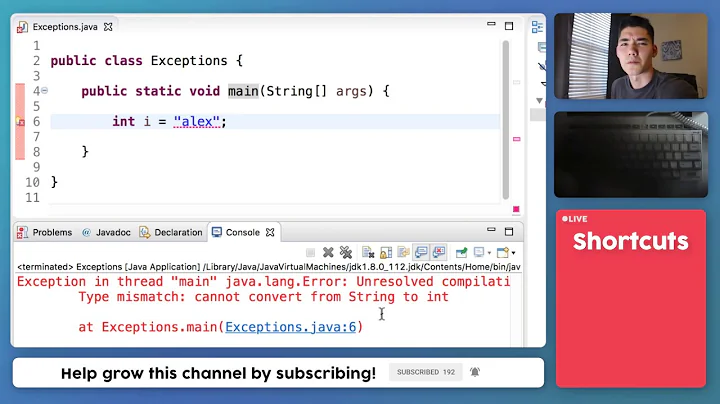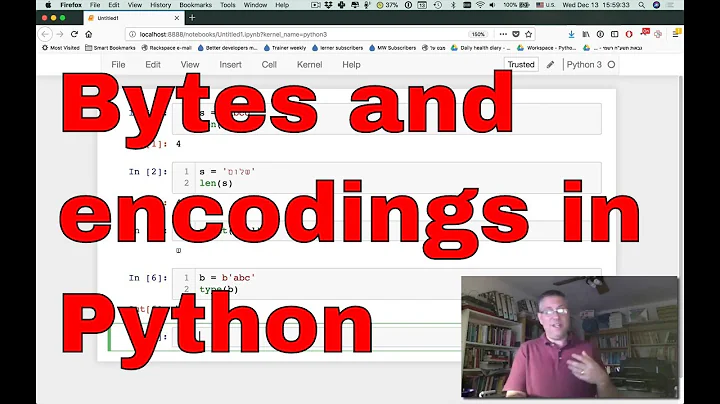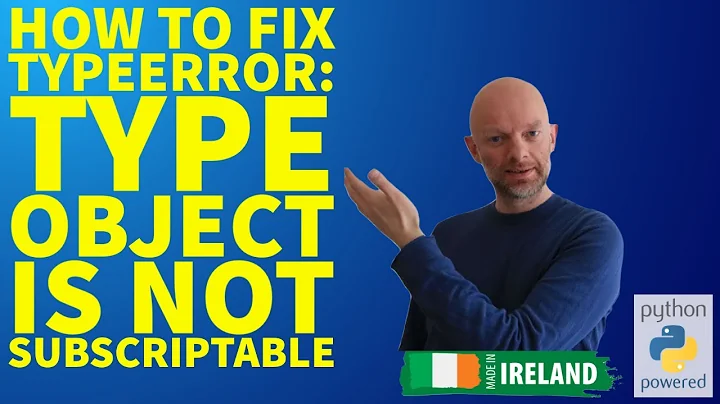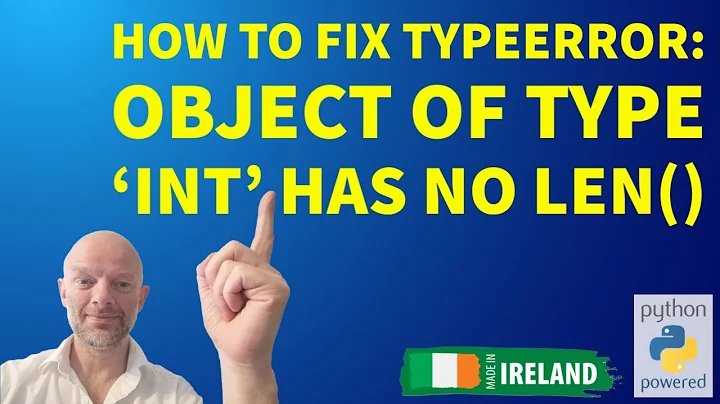TypeError: encoding or errors without a string argument
Solution 1
It seems your datas is already in bytes format, so to turn it into UTF-8 strings, you have to use str, not bytes! Also, you have to convert each element from datas individually, not the entire list at once. Finally, if you want to add datas as one row to out.csv, you have to use writerow, whereas writerows would write all the rows at once, and accordinly would expect a list of lists.
Depending on your OS, you might also have to specify the encoding when opening the file. Otherwise it will use the OS' default encoding, which might be something entirely different.
This seems to do what you want. The result is a CSV file with one row1 of data in UTF-8 format, and the \xc3\x97 is decoded to ×.
import csv
with open(r"out.csv", "w", encoding='UTF-8') as w:
writer = csv.writer(w)
writer.writerow([str(d, 'UTF-8') for d in datas])
1) Note that the last item in datas contains some line breaks, and thus will be split onto several lines. This is probably not what you want. Or is this a glitch in your datas list?
Solution 2
This error just means the thing you're passing to bytes (the string you want converted to a byte sequence) is not in fact a string. It does not specifically mean that the argument is already of type bytes, just that it isn't a string.
>>> bytes(b"", encoding="utf-8")
Traceback (most recent call last):
File "<stdin>", line 1, in <module>
TypeError: encoding without a string argument
>>> bytes(None, encoding="utf-8")
Traceback (most recent call last):
File "<stdin>", line 1, in <module>
TypeError: encoding without a string argument
>>> bytes(12, encoding="utf-8")
Traceback (most recent call last):
File "<stdin>", line 1, in <module>
TypeError: encoding without a string argument
Related videos on Youtube
Avinash Raj
Everybody stand back, I know regular expressions! Top 50 users from India. Top users from Chennai. Github Profile
Updated on July 09, 2022Comments
-
 Avinash Raj 11 months
Avinash Raj 11 monthsI'm trying to write a list of data bytes to a CSV file. Since it's a list of byte strings, I used the below code:
with open(r"E:\Avinash\Python\extracting-drug-data\out.csv", "wb") as w: writer = csv.writer(w) writer.writerows(bytes(datas, 'UTF-8'))But it results in the following error:
TypeError: encoding or errors without a string argument
datasis a list of byte strings.print(datas)yields
[b'DB08873', b' MOLSDFPDBSMILESInChIView Structure \xc3\x97Structure for DB08873 (Boceprevir) Close', b'394730-60-0', b'LHHCSNFAOIFYRV-DOVBMPENSA-N', b'Organic acids and derivatives ', b'Food increases exposure of boceprevir by up to 65% relative to fasting state. However, type of food and time of meal does not affect bioavailability of boceprevir and thus can be taken without regards to food. \r\nTmax = 2 hours;\r\nTime to steady state, three times a day dosing = 1 day;\r\nCmax]I want the above list to be printed as first row in a CSV file with the decoding of Unicode chars. That is,
\xc3\x97should be converted to it's corresponding character. -
 tobias_k about 8 yearsAddendum: If you want to decode the unicode but keep
tobias_k about 8 yearsAddendum: If you want to decode the unicode but keep\nescaped, you could tryrepr(str(d, 'UTF-8')), but I'm not sure whether that's what you want. This will also wrap all the strings in'' -
 Avinash Raj about 8 yearstried that , but it shows
Avinash Raj about 8 yearstried that , but it showsTypeError: 'str' does not support the buffer interface -
 tobias_k about 8 years@AvinashRaj I got that error to, fixed it by changing the file mode from
tobias_k about 8 years@AvinashRaj I got that error to, fixed it by changing the file mode fromwbtow. (I don't think thatb(binary) makes sense for a CSV file) Sorry, forgot to mention that change. -
 Avinash Raj about 8 yearsit drives me crazy. If i removed the
Avinash Raj about 8 yearsit drives me crazy. If i removed thebinwb, it displaysUnicodeEncodeError: 'charmap' codec can't encode character '\u221e'. It fails to convert a unicode char to string. -
 Avinash Raj about 8 yearsIf you have some time, just jump into chat.stackoverflow.com/rooms/80049/temp . I'm going to set a bounty for this..
Avinash Raj about 8 yearsIf you have some time, just jump into chat.stackoverflow.com/rooms/80049/temp . I'm going to set a bounty for this..



